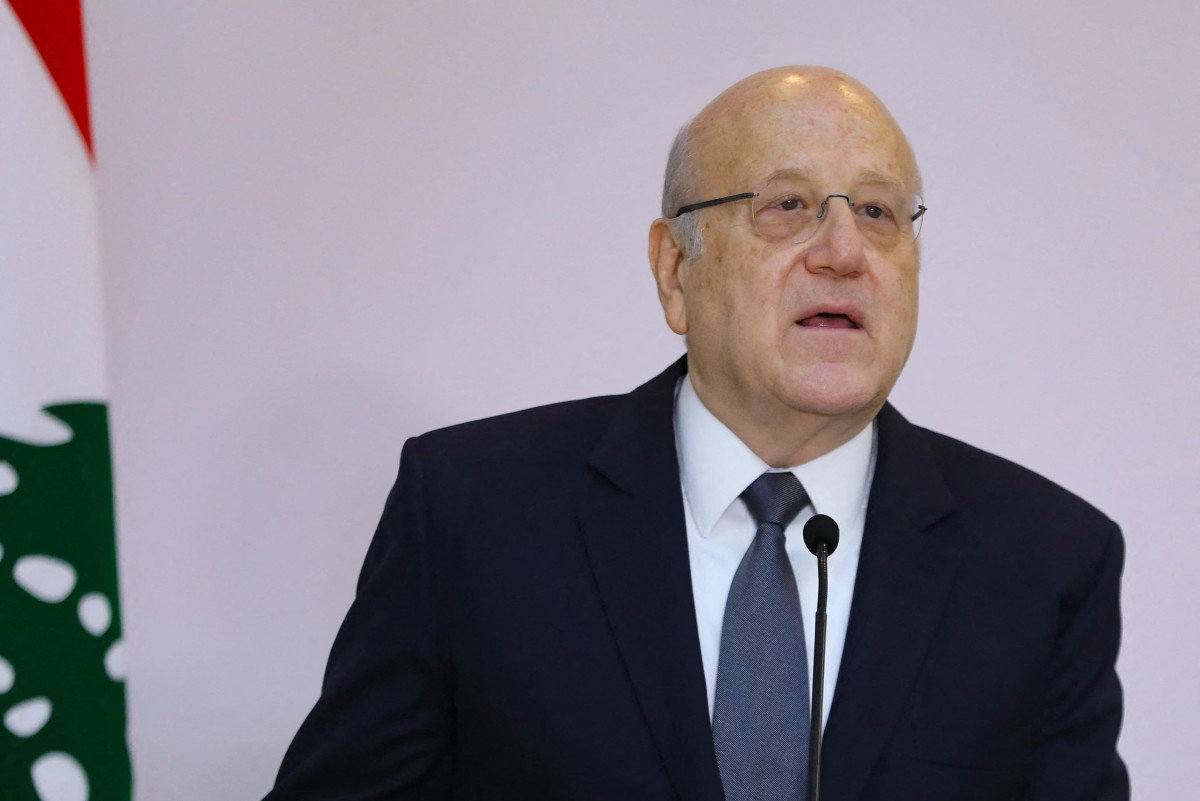NEW YORK: The UN on Sunday expressed cautious optimism over the possibility of a new chapter for Syria following more than a decade of brutal conflict.
However, it also acknowledged that the road to peace and reconciliation will be fraught with immense challenges and complicated by shifting political realities on the ground.
Early Sunday morning, rebel forces entered the capital Damascus without resistance and declared it free of long-time ruler Bashar Assad.
The militant group Hayat Tahrir Al-Sham and its allies declared: “The tyrant Bashar Assad has fled.”
The Assad family had ruled Syria for 54 years with an iron fist. Bashar Assad took power in 2000 after his father Hafez Assad had run the country for three decades.
In 2011, Bashar Assad brutally crushed a peaceful, pro-democracy uprising, which turned into a devastating civil war. More than half a million people were killed and over 12 million were forced to flee their homes.
In a press briefing in Doha, UN Special Envoy for Syria Geir Pedersen referred to Sunday’s developments as a “watershed moment,” highlighting the country’s 14 years of “relentless suffering and unspeakable loss.”
He extended his “deepest solidarity” to the Syrian people, acknowledging the profound human toll the conflict has taken.
“This dark chapter has left deep scars,” he said, “but today we look forward with cautious hope to the opening of a new time — one of peace, reconciliation, dignity and inclusion for all Syrians.”
Pedersen said this moment should offer renewed hope for displaced Syrians hoping to return to their homes, for families separated by war anticipating reunions, and for the unjustly detained who may soon see justice. “The opening of the prisons reminds us of justice’s eventual reach,” he added.
But Pedersen warned that Syria still faces significant obstacles on its path toward peace, saying: “The challenges ahead remain immense, and we hear those who are anxious and apprehensive.”
However, he stressed that “this is a moment to embrace the possibility for renewal,” adding that the resilience of the Syrian people offers a path to “a united and peaceful” country.
Pedersen called for the desire of millions of Syrians for a “stable and inclusive transitional arrangements” to be put in place urgently.
He said it is critical for the country’s institutions to remain functional, and for Syrians to begin shaping a future that meets their “legitimate aspirations,” with “the support and engagement of the entire international community.”
Pedersen stressed the importance of maintaining law and order, particularly by armed groups. “I’ve heard from many Syrians, including armed groups and civil society, both women and men, and have noted public statements underlining a will to protect their fellow Syrians and state institutions,” he said.
“This is important, and let me also echo these statements and issue a clear and unambiguous appeal at this hour that all armed actors on the ground maintain good conduct, law and order, protect civilians and preserve public institutions.
“Let me urge all Syrians to prioritize dialogue, unity, and respect for international humanitarian law and human rights as they seek to rebuild their society.
“Let me stress that there must be a collective effort to secure peace and dignity for all, and that I stand ready to support the Syrian people in their journey towards a stable and inclusive future decided and shaped by the Syrian people themselves.”
Asked about the prospects of Bashar Assad being tried for war crimes, Pedersen said: “We all know that the long arms of justice will continue to work, but how this will develop, I have no easy answer.”
Pedersen is in Doha for urgent talks aimed at averting a collapse into chaos and bloodshed in Syria.
He discussed the complexities of international involvement, noting the differing positions of major powers such as Iran, Turkey and Russia, each with competing interests in Syria.
“This isn’t only about Iran and Turkey and Russia; it’s also about the Arab states,” he said. “My message to all of them was: This is the time for making sure that we have inclusive transitional arrangements that include all communities in Syria.”
The offensive against the government was launched by a coalition of opposition forces, including HTS and an umbrella group of Turkey-backed militias called the Syrian National Army.
While HTS’s status as a listed terrorist organization complicates its inclusion in peace talks, Pedersen acknowledged the shifting dynamics on the ground.
“Let’s be honest, the situation has changed dramatically,” he said. “We’re following extremely closely what’s happening with all armed factions.
“But what I think is important to stress is that we avoid bloodshed, that there’s a dialogue, an inclusive process and a preparation for transitional arrangements.
“This is now my key message to all: Avoid bloodshed, make sure … that all communities in Syria are included, and that the nervousness that some are facing, are fearing, that we can address this and move forward to peace and stability. And as I said, it could be the beginning really for a new Syria.”


























